 Welcome to the first Horizon Europe news of 2023. This is a summary based on articles published by UKRO and Research Professional early this year.
Welcome to the first Horizon Europe news of 2023. This is a summary based on articles published by UKRO and Research Professional early this year.
Horizon Europe association
The EU and New Zealand have concluded the official negotiations on the non-EU country’s association to Horizon Europe; the signing of the Association Agreement is expected to take place in early 2023. This will allow researchers and organisations from New Zealand to participate as beneficiaries receiving EU funding in projects funded under the six thematic Clusters of Horizon Europe’s second Pillar (Societal Challenges).
This is the first time that a highly industrialised country outside of Europe has become associated to the EU framework programme, however for all other parts of the programme, including European Research Council and Marie Skłodowska-Curie Actions, New Zealand will continue to be considered a non-associated third country. Canada is also expected to become associated to Horizon Europe in early 2023, while Japan and South Korea continue to have early exploratory talks on association with the EU.
UK Government’s plan B
According to Research Professional, the UK science minister has said that the UK’s alternative plan for spending money ringfenced for European R&D programmes, the so-called ‘plan B’, is being signed off by prime minister Rishi Sunak. In his speech, Freeman said that ministers “haven’t yet finalised” the alternative package, which is “now with the prime minister, the chancellor, the cabinet and the National Science and Technology Council”.
The science minister said that the government was “still pushing, and I’m still hopeful”, for UK association, but added that access to EU R&D programmes was “caught up in the high politics of the post-Brexit negotiation”.
A glimmer of hope for such negotiations was reached this week when the EU and the UK reached agreement on a specific issue related to trade in Northern Ireland. The UK government has ringfenced £6.8bn for membership of EU programmes.
Pilot of two-stage proposal evaluation
The European Commission will pilot a new mechanism in the Horizon Europe evaluation process called ‘blind evaluation’ in all two-stage calls included in the recently published Work Programme 2023-24. The objective of anonymised proposals in the ‘blind evaluation’ pilot is to tackle some concerns about a potential bias of evaluators towards well-known organisations in countries with better-performing R&I systems.
The ‘blind evaluation’ approach means that at stage one of the evaluation process, the applicants’ identity is not revealed to the experts. At the first stage of proposal submission, applicants may not disclose their identity in Part B of their proposal. The second stage, in which full proposals are submitted, is not anonymised. All first stage applicants should keep in mind that if a proposal includes any identification of the applicant(s) in Part B, the bid will be declared inadmissible and will be rejected.
Expert Evaluators in Horizon Europe
The Commission and its executive agencies that manage Horizon Europe’s calls for proposals are continuously looking for new evaluators who assist the EU services in a personal capacity as experts with the implementation of EU funding and tenders. The Commission is looking for experts with a high level of expertise and professional experience in all EU action and policy fields, particularly those relevant to Horizon Europe’s calls for proposals.
Individuals interested in becoming expert evaluators in Horizon Europe should register in the dedicated ‘Work as an expert’ area of the F&T Portal. The Portal Expert Database is the central database for all expert work in this domain. Registration is a mandatory prerequisite for being contracted by the Commission to work as an evaluator on any EU funding programme. The Commission welcomes experts from any country, as long as they are not subject to EU administrative sanctions.
Becoming an expert evaluator in Horizon Europe is the best way to get to know the evaluation process in the new programme and become successful as an applicant faster. Knowing how the evaluation process works and what the experts are looking for in an excellent proposal will allow you to improve your own applications in the future.

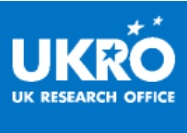 Before going to remining funding development briefings for the rest of this academic year, I would like to remind about UKRO Session for BU academics on 26 April 2023 at 12:30.
Before going to remining funding development briefings for the rest of this academic year, I would like to remind about UKRO Session for BU academics on 26 April 2023 at 12:30.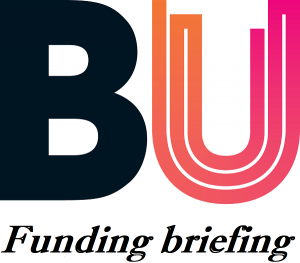 After Easter break, we are making some changes related to weekly funding briefing sessions.
After Easter break, we are making some changes related to weekly funding briefing sessions. This 3 Day workshop covers strategies for academic writing: writing to prompts, targeting a journal/specific criteria, types of prompt for academic writing, ‘snack writing’, goal-setting for writing, motivation, freewriting, generative writing, analysing academic writing, drafting and revising an abstract/summary, constructing a ‘contribution’ argument, using prompts in series, outlining, productive writing behaviours, wellbeing, writing groups, micro-groups and retreats. Many of these can be used in preparing for a concentrated spell of writing at a writing retreat.
This 3 Day workshop covers strategies for academic writing: writing to prompts, targeting a journal/specific criteria, types of prompt for academic writing, ‘snack writing’, goal-setting for writing, motivation, freewriting, generative writing, analysing academic writing, drafting and revising an abstract/summary, constructing a ‘contribution’ argument, using prompts in series, outlining, productive writing behaviours, wellbeing, writing groups, micro-groups and retreats. Many of these can be used in preparing for a concentrated spell of writing at a writing retreat. The 2023 Marie Skłodowska-Curie Actions (MSCA) Postdoctoral Fellowships (PF) Call is now open on the
The 2023 Marie Skłodowska-Curie Actions (MSCA) Postdoctoral Fellowships (PF) Call is now open on the  UKRO annual visit to BU
UKRO annual visit to BU Instructions for joining
Instructions for joining

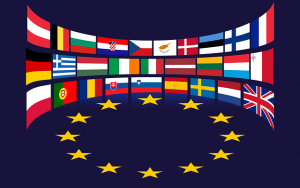 Happy New Year everybody!
Happy New Year everybody!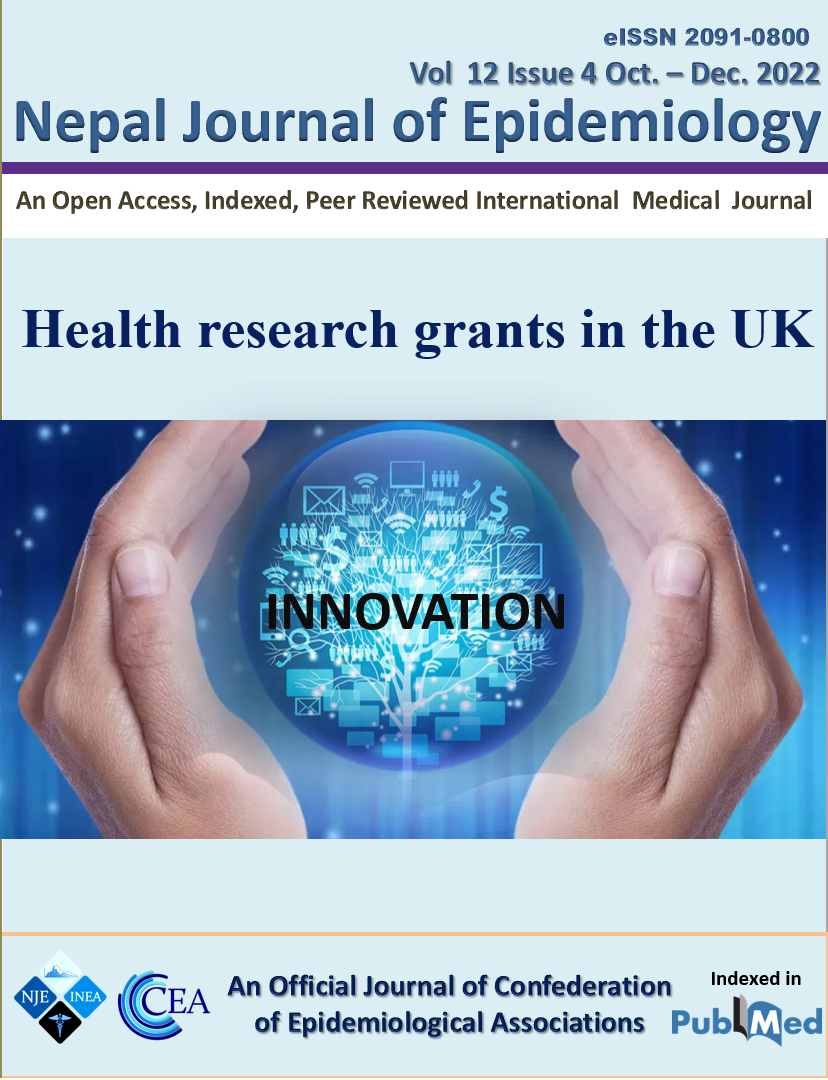
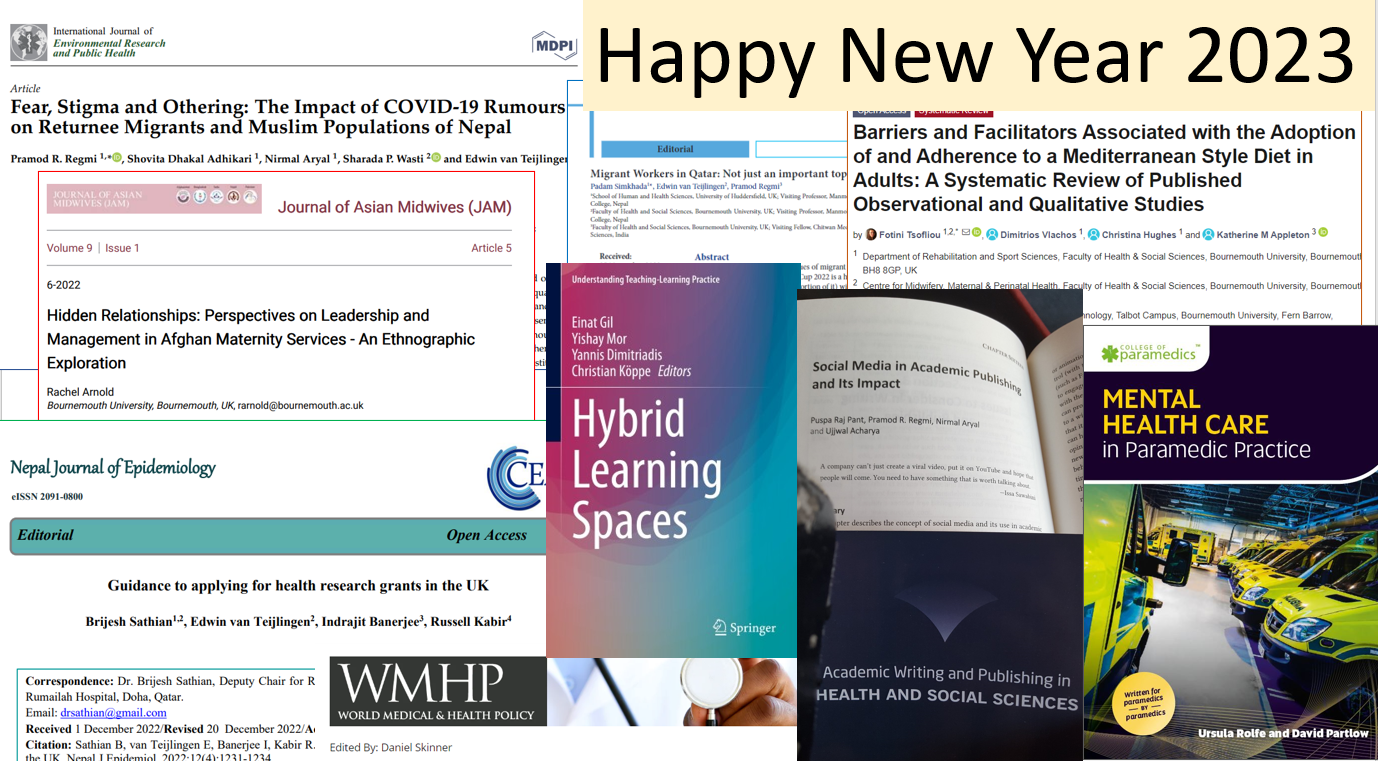

 Collaboration with Norway
Collaboration with Norway About ten days ago I published a blog regarding
About ten days ago I published a blog regarding 










 New weight change BU paper
New weight change BU paper One week to go! | The 16th Annual Postgraduate Research Conference
One week to go! | The 16th Annual Postgraduate Research Conference Geography and Environmental Studies academics – would you like to get more involved in preparing our next REF submission?
Geography and Environmental Studies academics – would you like to get more involved in preparing our next REF submission? Congratulations to three former BU staff
Congratulations to three former BU staff MSCA Staff Exchanges 2024 Call – internal deadline
MSCA Staff Exchanges 2024 Call – internal deadline Applications are now open for 2025 ESRC Postdoctoral Fellowships!
Applications are now open for 2025 ESRC Postdoctoral Fellowships! Horizon Europe – ERC CoG and MSCA SE webinars
Horizon Europe – ERC CoG and MSCA SE webinars MaGMap: Mass Grave Mapping
MaGMap: Mass Grave Mapping ERC grants – series of webinars
ERC grants – series of webinars